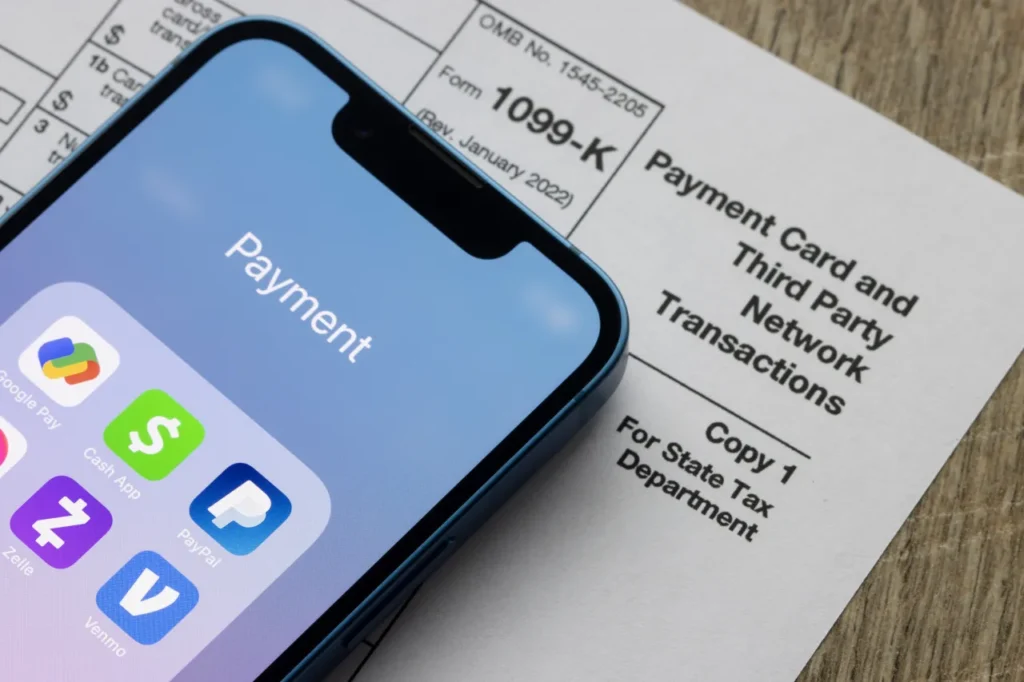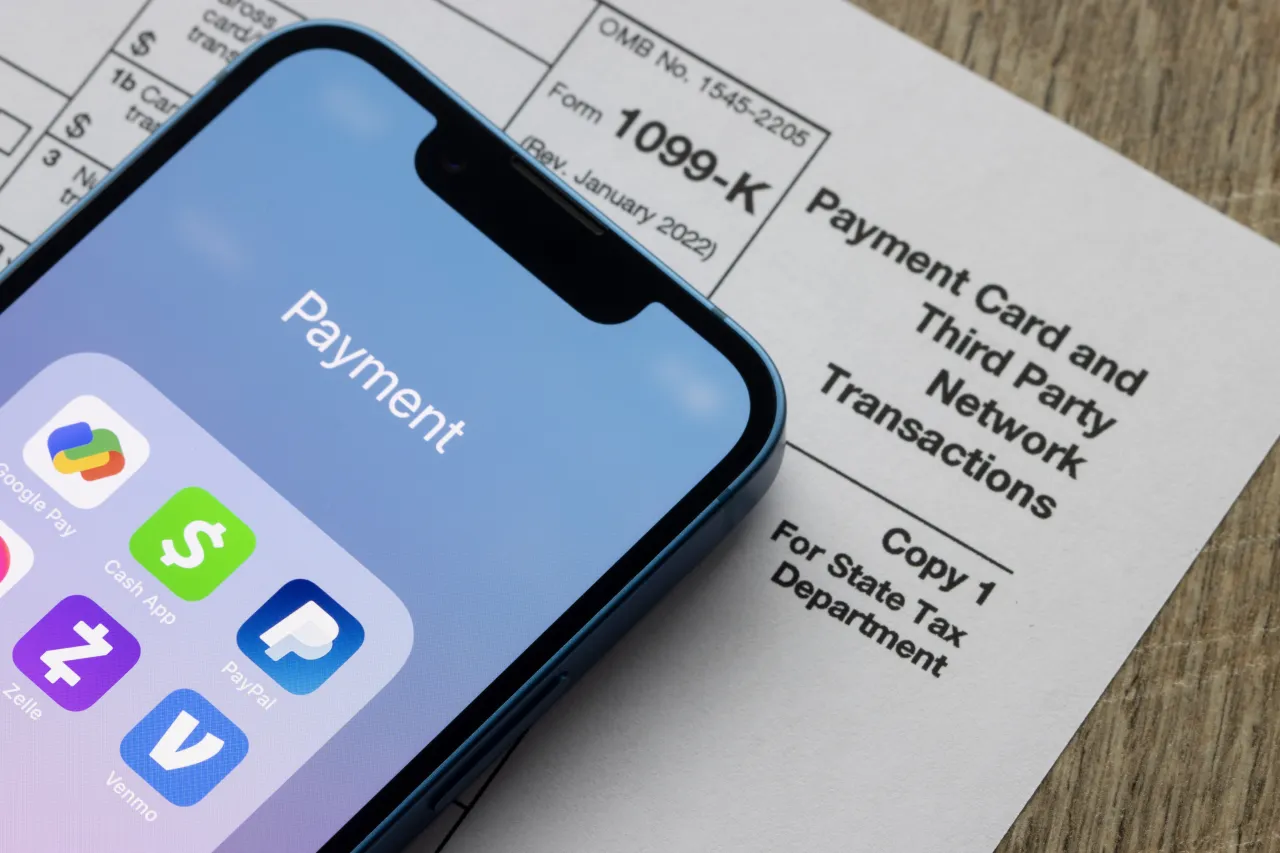Digital payment platforms such as Apple Pay, Cash App, PayPal, and others are set to face increased scrutiny as the U.S. Consumer Financial Protection Bureau (CFPB) introduces new regulations. These changes aim to bring these services closer to the regulatory framework traditionally reserved for banks, addressing long-standing concerns about fraud, data privacy, and account closures.

Why the Change?
Though these platforms often function like banks by handling a significant number of transactions, they have operated with fewer regulatory obligations. This lack of oversight has led to instances where users face challenges such as sudden account closures, limited fraud protections, and difficulty contacting customer support.
The CFPB’s new rule seeks to close this gap by extending bank-like supervision to digital services managing more than 50 million transactions annually. This move will impact major players like Apple Pay, Google Pay, Cash App, PayPal, and Venmo, ensuring these companies adhere to stricter standards.
New Protections for Consumers
Under the new regulations, the CFPB will gain powers to oversee key issues, including:
- Incorrect Transactions: Monitoring and resolving errors in payments.
- Fraudulent Activity: Strengthening protections against unauthorized transactions.
- Data Privacy: Ensuring better safeguards for consumer data.
These measures are designed to provide users with protections similar to those offered by traditional financial institutions.
What’s Not Covered?
Despite its broad scope, the new rule has limitations. For instance, it applies only to transactions conducted in U.S. dollars. This means cryptocurrency transactions, including scams often perpetrated on social media platforms, remain outside the CFPB’s jurisdiction for now.
The Impact Ahead
This shift represents a significant regulatory milestone, as the CFPB aims to level the playing field between traditional banks and rapidly growing digital payment platforms. For consumers, the change promises greater accountability and safety when using these services.
While the rule stops short of addressing all digital payment concerns, it’s a step toward a more secure and transparent ecosystem for users of popular apps like Apple Pay, PayPal, and Venmo.

Leave a Reply